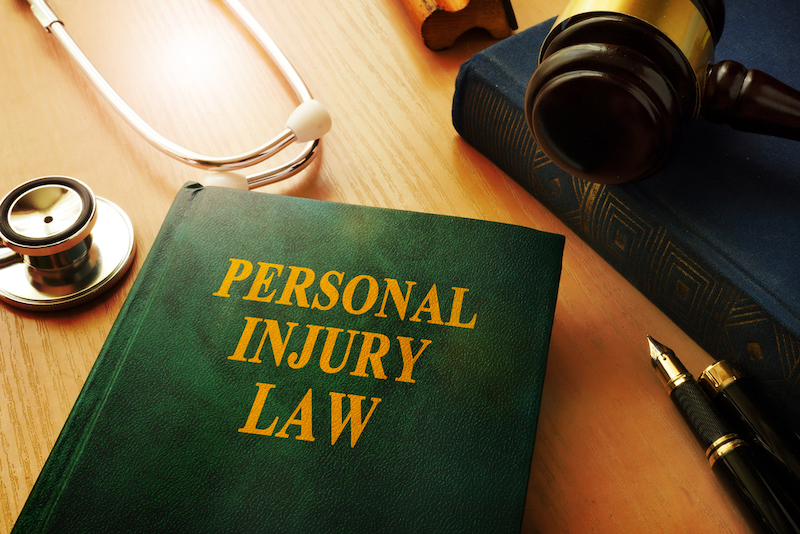Tips for Working Well with Your Personal Injury Lawyer
Content provided by legal writers
You must do everything you can to support your personal injury attorneys when they take your case – and we don’t just mean providing them with quick answers to the questions they ask (though that’s important).
No, you want to go at least a couple of steps further than that if you want to “stack the deck” as much in your favor as possible to get the kind of result you’re hoping for.
Below we share a couple of tips you’ll want to leverage to guarantee that you are doing everything you can to win your personal injury legal case!
Be Up Front and Honest with Your Lawyer
First and foremost, it’s critically important that you are 100% upfront and honest with your lawyer no matter what.
Many people like to sort of hedge or play their cards close the best when describing their personal injury situation (for one reason or another).
Do not make that mistake.
Instead, almost err on the side of giving your personal injury attorney too much information. They want to hear absolutely everything you have to share, and they’ll have the professional expertise necessary to determine what’s helpful, what’s relevant, and what isn’t. ?
There Are No Foolish Questions
Secondly, there are no such thing as foolish questions when meeting with your personal injury attorney.
If there’s anything – absolutely anything – that you aren’t sure of, that you are curious about, or want a little bit clarification, make sure that you speak up ASAP.
Your personal injury lawyer is on your side, after all. They’ll want to make sure that everyone’s on the same page.
Keep Case Details Private
Sometimes it can be hard keeping things to yourself when you’re going through a personal injury legal situation, but you need to do your level best to keep the details of your case as quiet as possible.
Insurance companies are working double overtime to reduce the amount of money they payout on personal injury claims. Anything and everything you say to them (or someone else might inadvertently say to them) can and often will be used against you.?
Only ever speak to your attorney, your doctor, and your therapist about your injuries. Your immediate family and your spouse can also be included and kept up-to-date, but you don’t want to expand your circle too far beyond that.
Work with Your Lawyer to Prepare for Discovery
If your personal injury situation is not resolved with a settlement, it will become a full-blown lawsuit, and that means there will be a discovery process.
The odds are good that you’ll have to go through a deposition, but that’s something that your lawyers are going to work with you to prepare for.
Once again, be open and upfront with your lawyers in the preparatory phase. You want to be sure that there aren’t any surprises unveiled that could hurt your situation.
Keep in Regular Touch with Your Lawyer
Do your level best to respond to attorney requests as quickly as possible, particularly when it has to do with information or records that only you are able to provide.
At the same, make sure that you are regularly in touch with your lawyer as well. Contact them to get updates, to make sure that things are moving along, and to guarantee that you aren’t “slipping through the cracks”.
Chances are that you aren’t the only personal injury case that your lawyer has taken on at the same time. You don’t necessarily need to be a “squeaky wheel”, but you do want to make sure that your situation isn’t ever – even inadvertently – put on the back burner. ?
Closing Thoughts
The best thing you can do to work well with your injury attorney is to hire the right professionals in the first place.
The best lawyers have years of experience, a significant track record of success, and a reputation for delivering for their clients.
Seek out those experts, lean on their advice and representation, and you’ll have nothing to worry about! ?
This content is provided by an independent source for informational purposes only and does not contain legal advice. Consult an attorney or financial advisor when making decisions. This information is provided by legal writers and does not reflect the views or opinions of The Daily Sundial editorial staff.










